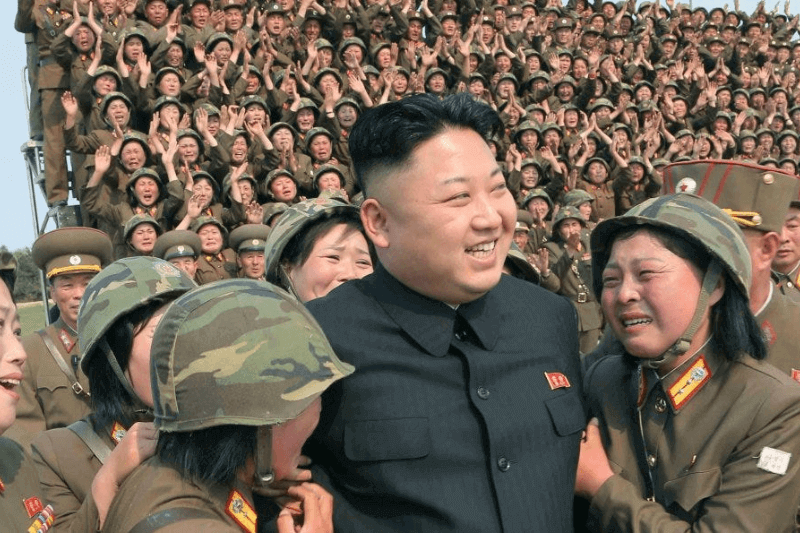
10 Shocking Laws in North Korea Which Everyone Must Know
Last updated on February 26th, 2024 at 06:28 am
North Korea is well-known for its tight restrictions and regulations that can seem startling to outsiders and for its secretive and totalitarian government. Gaining knowledge of these laws can help one understand the distinctive political and social environment of the nation. These are 10 startling North Korean rules that you should all be aware of.
1. Ban on Criticizing the Leadership
North Korea’s government enforces strict control over freedom of speech, particularly when it comes to criticizing the country’s leadership, including Kim Jong-un and his predecessors. Any dissent against the regime is severely punished, often resulting in imprisonment or even execution.
2. Restricted Movement
Citizens of North Korea are not allowed to travel freely within or outside the country without government authorization. Travel restrictions are enforced to prevent defection and maintain control over the population.
3. Collective Punishment
North Korea practices collective punishment, where family members of individuals accused of crimes are also punished, regardless of their involvement. This tactic is used to deter dissent and maintain loyalty to the regime.
4. Limited Access to Information
The North Korean government tightly controls access to information, including foreign media and the internet. Citizens are only exposed to state-approved propaganda, and accessing foreign media is considered a criminal offense.
5. Mandatory Worship of the Leader
The regime promotes a cult of personality around the ruling Kim family, requiring citizens to show unwavering loyalty and reverence to the leadership. Failure to demonstrate loyalty can result in severe consequences, including imprisonment in forced labor camps.
Keep Reading
6. Strict Dress Code
North Korea imposes strict dress codes, especially for women, who are required to adhere to conservative clothing regulations. Western-style attire, hairstyles, and accessories are often banned, and citizens must conform to government-approved dress standards.
7. Censorship of Communication
All forms of communication, including phone calls, letters, and emails, are monitored by the government’s security agencies. Citizens are discouraged from discussing sensitive topics or communicating with individuals outside the country without permission.
8. Control Over Personal Relationships
The government regulates personal relationships, including marriages and dating. Couples must obtain permission from authorities to marry, and unions between individuals from different social classes or political backgrounds are often prohibited.
9. Punishment for Defection
Attempting to defect from North Korea is considered treason and is punishable by severe penalties, including imprisonment, torture, or execution. The government employs extensive measures to prevent citizens from escaping the country.
10. Forced Labor Camps
North Korea operates a network of forced labor camps, known as “kwanliso,” where individuals accused of political crimes are sent without trial. In these camps, inmates are subjected to harsh living conditions, forced labor, and systematic abuse.
The harsh and terrible laws and regulations imposed by the North Korean government demonstrate the totalitarian control that the dictatorship exercises over the lives of its people. Gaining knowledge of these regulations can help one better understand the difficulties North Koreans experience as well as the scope of the regime’s authority.




